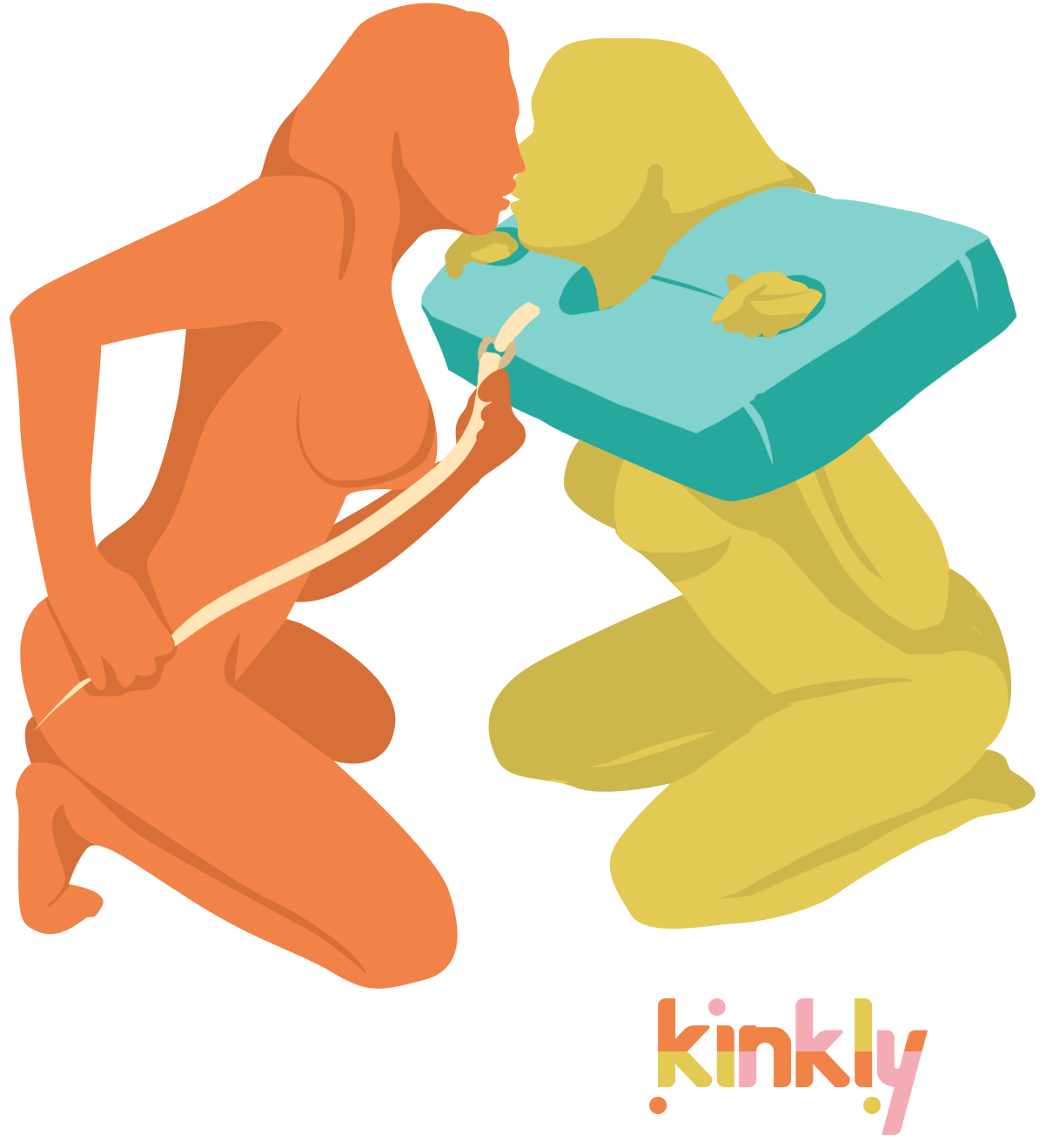For many women in India, prostitution is a way to earn a living after a tragedy, such as a husband dying or a natural disaster. Yet for others, being kidnapped and sold into sex work is an real fear particularly in remote villages where law enforcement is practically non-existent. Some women are even tricked by lovers and sold into sexual slavery. Many sex work proprietors feel that licensing and regulating sex work will improve conditions for sex workers. More importantly, though, it promises to curb the trafficking of women and children. That should be a good enough reason for anyone.
One brothel owner, Iqbal Ahmed, is quoted as saying "If licenses are given, the selling and buying will end. No one will be forced. No minor will be made to do this work…if this work is kept illegal, the dirt will spread everywhere."
Prostitution in the United States
Even in the United States, sex work is one of a very small number of professions where women consistently earn more money than men. This can lead some, myself included, to suspect that keeping prostitution illegal is a not so subtle way of keeping women subjugated. By preventing women from selling their own sexual prowess under the threat of arrest, the powers that be are able to put one more stumbling block in front of women trying to earn a better place in life and those who genuinely enjoy sex work.Any history book can explain that taking a product or service off the black market can make it cleaner, safer, and better. The example of American prohibition tells us that thousands of people died from illegal hooch when it was all sold by criminals. Now, deaths due to tainted liquor are practically non-existent.
Should India and the United States be doing everything they can to make life safer and keep the most vulnerable members of society from being trafficked? Of course. Should that include legalizing sex for money as a business and providing licenses for those who want to do sex work in a clean, safe environment? What do you think?

Wednesday Lee Friday is an eclectic writer of fact and fiction. She has worked as a reptile wrangler, phone sex operator, radio personality, concierge, editor, fast food manager, horror novelist, and she owns a soap shop. She prefers jobs that let her sleep during the day. Everybody knows all the best art and literature happen at night! Wednesday's work has appeared in Women's Health Interactive, Alternet, Screen Rant, The Roots of Loneliness Project and Authority Magazine.

















